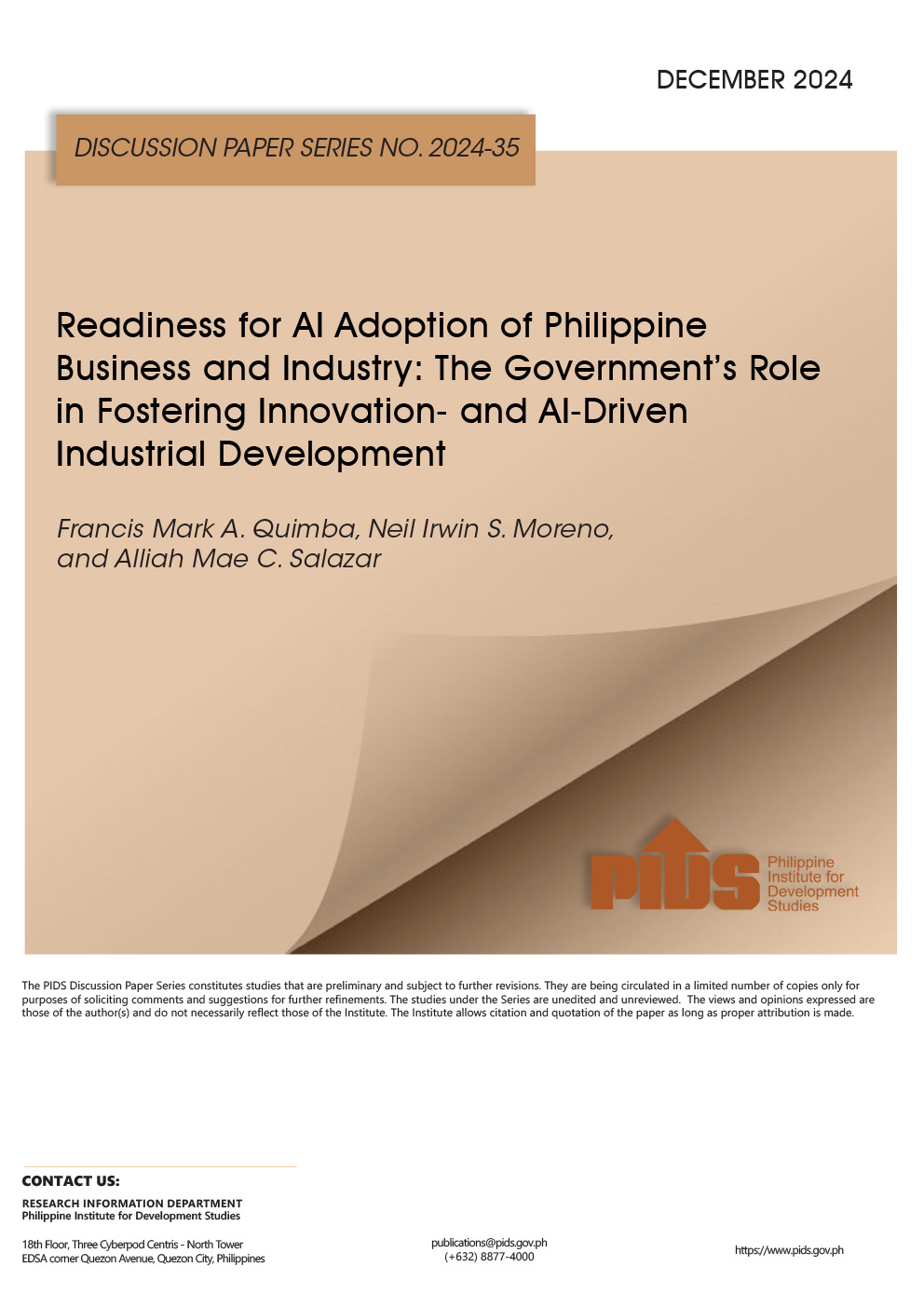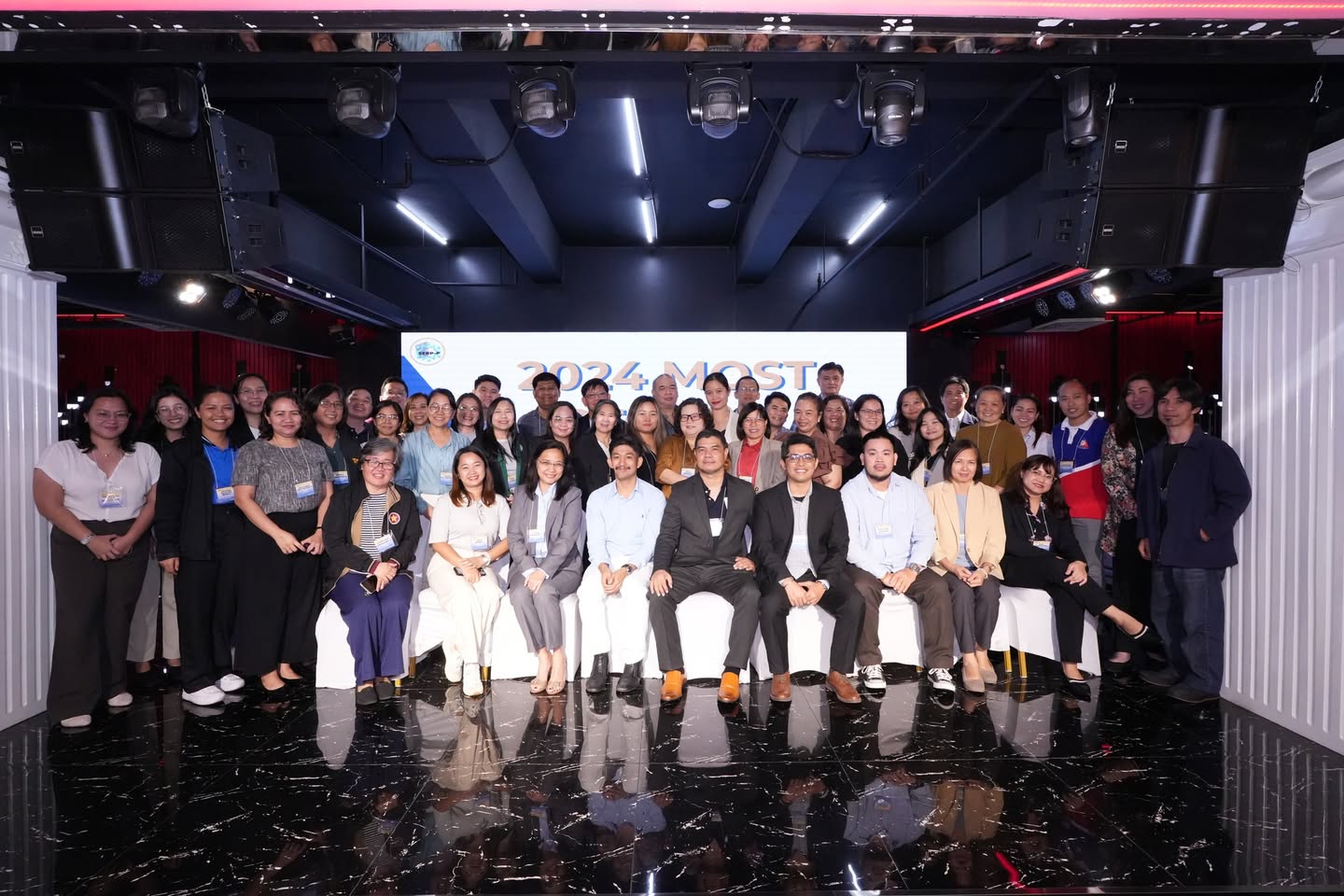THE prospect that AI (artificial intelligence) will break into the mainstream in 2025 has generated a host of opinions and perspectives across industry, economies and stakeholders on the future of AI. There are pros and cons to the latest AI predictions, and the following article simply presents the shape of things to come for AI adoption in the Philippines.
Positive outlook
Statista predicts that the artificial intelligence market in the Philippines will reach $1,025.00 million in 2025. The AI market is even expected to show an annual growth rate (CAGR 2025-2030) of 27.75 percent, resulting in a market volume of $3,487.00 million by 2030.
Further analysis of the Philippine AI market reveals rapid growth, propelled by factors such as the adoption of advanced technologies, growing awareness of health, and the convenience of online health services. This elevated growth rate can be attributed to the sub-markets of AI robotics, autonomous and sensor technology, computer vision, machine learning, natural language processing, and generative AI. A notable shift toward personalized and efficient solutions in various industries is also seen. This trend is driven by the country's tech-savvy population and the increasing adoption of digital platforms. Additionally, there is a growing demand for AI-powered customer service and chatbots, as well as smart home devices and virtual assistants.
A new "APAC AI Outlook 2025," commissioned by IBM, reveals that Asia-Pacific (including the Philippines) enterprises are moving beyond AI experimentation to maximize the impact of their AI investments. More than half (54 percent) now expect AI to deliver longer-term benefits for their business in areas such as innovation or revenue generation. The game changer lies in developing cost-effective AI solutions, with the flexibility to use custom-built open-source models and seamless integrations between multiple vendors.
The pursuit of short-term wins during the initial phase of generative AI projects has given way to a more nuanced understanding of AI's potential. The focus is also shifting from low-risk, non-core use cases to deploying Gen AI in core business functions for competitive advantage and improved ROI. In 2025, the primary focus of AI investments for APAC organizations will center on enhancing customer experience (21 percent), back-office business process automation (18 percent), and sales automation and customer lifecycle management (16 percent).
ADB's Asian development outlook found that in the first quarter of 2024. The growth in developing Asia accelerated due to resilient domestic demand and strong export growth, particularly in electronics. Furthermore, East Asia's 2024 growth projection is revised up to 4.6 percent on strong exports of semiconductors and other goods driven by the artificial intelligence boom, with the 2025 projection maintained at 4.2 percent.
Global demand for semiconductors and electronics continued to rise. Growth in these sectors is driven by strong demand for products used in emerging high-technology and artificial intelligence (AI) applications. While East Asia dominates high-technology goods production, other economies are also benefiting from the current semiconductor boom. These include the Philippines and Vietnam, which specialize in integrated circuit packaging and electronics assembly.
Digital Realty, the largest global provider of cloud and carrier-neutral data center, colocation, and interconnection solutions, noted in its 2024 Global Data Insights Survey, that as organizations prioritize data-driven initiatives, further investment in digital infrastructure is necessary to fully harness the potential of AI.
Infrastructure hurdles continue to impede the success of AI investments in the region, with over half (56 percent) of Asia-Pacific enterprises lacking the digital infrastructure required for both data and AI success. Some of the key infrastructure challenges include insufficient data storage for large AI datasets and inadequate computational power for AI processing
To achieve data and AI success, IT leaders in Asia-Pacific emphasize the need for infrastructure capable of managing AI's power and energy demands for data storage, as well as compliance with AI and data privacy regulations. Sustainability goals are also considered the most important factor impacting AI strategy.
Philippine research think tank Philippine Institute for Development Studies (PIDS) would rather keep in check the rising optimism toward AI integration in domestic businesses. In a recent study, PIDS found that despite a national push for artificial intelligence (AI) integration, local businesses, especially micro, small and medium enterprises (MSMEs), struggle to adopt AI technologies due to infrastructure, awareness and funding barriers. The study noted that AI-specific adoption in the Philippines is still in its early stages, with only 14.9 percent of businesses using AI technologies as of 2021.
This lack of adoption is largely due to substantial barriers. The study noted limited digital infrastructure, particularly in rural areas, as a major challenge. Many MSMEs also lack awareness of AI and its potential applications in their businesses.
Another major barrier is the lack of funding opportunities. The study noted that the Philippines has a low score of 6.00 in Venture Capital Availability, making it difficult for businesses to secure the necessary capital for AI investments.
PIDS suggested that the government needs to take a more active role in addressing these barriers. It recommended expanding broadband connectivity, particularly in underserved areas, and investing in data centers and cloud computing facilities.
Bright and early in 2025
In a recent development, the Philippines, led by Special Envoy to the World Economic Forum (WEF) and Finance Secretary Ralph G. Recto, drew significant business interest in artificial intelligence (AI) investments during the WEF Annual Meeting held in Davos-Klosters, Switzerland, from Jan. 20 to 24, 2025.
In the ensuing discussions, several European business leaders, including Brian Armstrong, Coinbase co-founder and chief executive, and Roy Jakobs, Philips chief executive, expressed firm intent to tap the Philippines' growing digital economy and skilled workforce in such diverse areas as digital banking, generative AI applications, advancing digital transformation initiatives, innovative health care solutions and adoption of blockchain technology.












